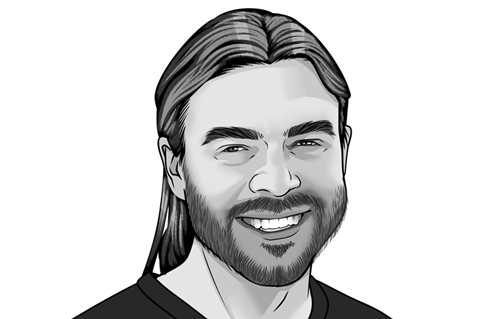Applied Microbiology International is to lead a key new conservation committee dedicated to the protection of microbial biodiversity.

In June this year, global conservation leader, the International Union for the Conservation of Nature (IUCN) officially approved the creation of the Microbial Conservation Specialist Group (MCSG), the first-ever IUCN Species Survival Commission (SSC) group dedicated entirely to the protection and inclusion of microbial biodiversity.
READ MORE: Microbiologists must seize the day - and make their mark on policy
READ MORE: AMI members show the way on how microbes are already solving environmental disasters
The SSC Microbial Conservation Specialist Group will safeguard and restore microbial diversity and function across Earth’s ecosystems, recognizing microbes as the invisible foundation of life and a cornerstone of planetary and human health.
The MCSG will be co-chaired by Applied Microbiology International President Jack A. Gilbert and ISME President Raquel Peixoto, who won AMI’s inaugural Rachel Carson award in 2023.
Evolution of the initiative
The committee was born from the global working group discussion, ’Conservation in a Microbial World’, held earlier this year.
Organized in collaboration with IUCN, ISME, Scripps Institution of Oceanography, the J. Craig Venter Institute, the Gordon and Betty Moore Foundation, and other leading institutions, the event brought together microbial and conservation communities to explore how microbes could be meaningfully integrated into conservation science and policy. Those discussions laid the foundation for what is now a formally recognized IUCN Specialist Group.
For the first time, microbes will be formally represented within the world’s most influential biodiversity conservation body. The MCSG’s mission is to safeguard microbial diversity in its own right and to promote the use of microbiome-based solutions for ecosystem restoration, climate resilience, and sustainable development.
The group will develop microbial conservation hotspot maps, pilot Red List-style assessments tailored to microbial communities, launch field demonstration projects, and work to integrate microbial perspectives into key conservation frameworks such as the CBD, IPBES, and UNFCCC. A global call for members and collaborators will follow the upcoming public announcement.
Topics
- Applied Microbiology International
- Community
- Healthy Land
- International Union for the Conservation of Nature
- ISME
- J. Craig Venter Institute
- Jack A. Gilbert
- Microbial Conservation Specialist Group
- People News
- Policy
- Raquel Peixoto
- Scripps Institution of Oceanography
- Sustainable Microbiology
- the Gordon and Betty Moore Foundation







No comments yet